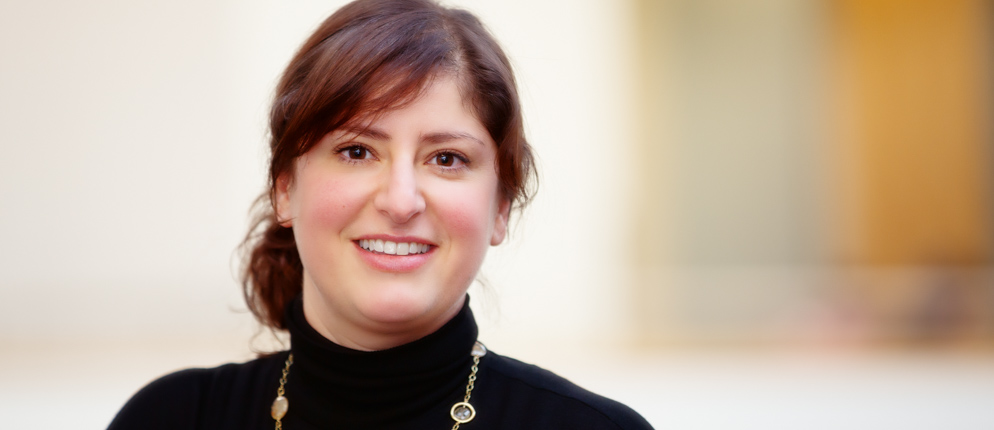

For more than a decade, Professor Alice Balter (Early Childhood Studies/Family and Community Social Services) has worked as a health promoter and educator, training both parents and teachers about sexual health education. Hoping to learn more about how Early Childhood Educators perceive and experience the development of sexuality and gender during childhood, Prof. Balter undertook a study. The answer to her questions was resounding: many identified the need for more training.
Prof. Balter conducted the research with support from UofGH’s Research Grant Fund, working with Dr. Tricia van Rhijn (co-investigator) from the University of Guelph and three undergraduate research assistants.
The team distributed a survey to ECEs across the province, asking them about their experience and attitudes about the development of gender and sexuality in childhood. Participants said they observed many of the relevant behaviours, but most felt unequipped to address them.
Participants noted that in the course of a given day, children might ask what it means to be a boy or a girl, may want to know where babies come from, and some of the more inquisitive ones will suggest a game of “doctor” to learn for themselves.
Prof. Balter says that all of this behaviour is part of typical development as children grow to understand themselves, but ECEs could use more support on the subject. They’re hoping for more professional guidelines to inform their practice, as one-third of respondents didn’t know if their school/child care centre had a policy on the subject, and a further 54% knew that they didn’t.
“It’s really important for kids to feel supported in their gender expressions and to learn about boundaries, the difference between public and private, and what is appropriate and inappropriate when it comes to their bodies,” says Prof. Balter. “ECEs commonly observe behaviours that are related to the development of sexuality and gender in childhood. They need to have the knowledge and skills to address these developmental domains.”
Prof. Balter’s research, which was recently published in the Canadian Journal of Human Sexuality, points out some concerns the ECEs brought up. Along with determining what’s age-appropriate for children in Kindergarten versus Grade Three and grappling with societal disagreement about “sex ed”, there are also parental concerns to think about. One of the respondents said, “I would be more uncomfortable [discussing this] with parents than children.”
While it may make parents and teachers alike a little uncomfortable to think about these issues, Prof. Balter says that what’s at stake is the healthy development of children in all of their development domains.
“Gender and sexuality are developmental domains, like any other. Children need to feel good about who they are. ECEs teach and support children in every context, from behaviour on the playground with others, to learning how to regulate emotions, and this is just another area where kids need the support of caring adults and an opportunity to learn about boundaries. Our results from this study show that ECEs need more training to feel confident in how they address these domains”, says Prof. Balter.
To that end, Prof. Balter and her coauthors (Dr. van Rhijn and Adam Davies) will be presenting new findings on the gaps in ECE training in the areas of gender and sexuality development at the Atkinson Centre for Society & Child Development’s 13th Annual Summer Institute on Early Childhood Development this June.
Learn more about Research at the University of Guelph-Humber.

